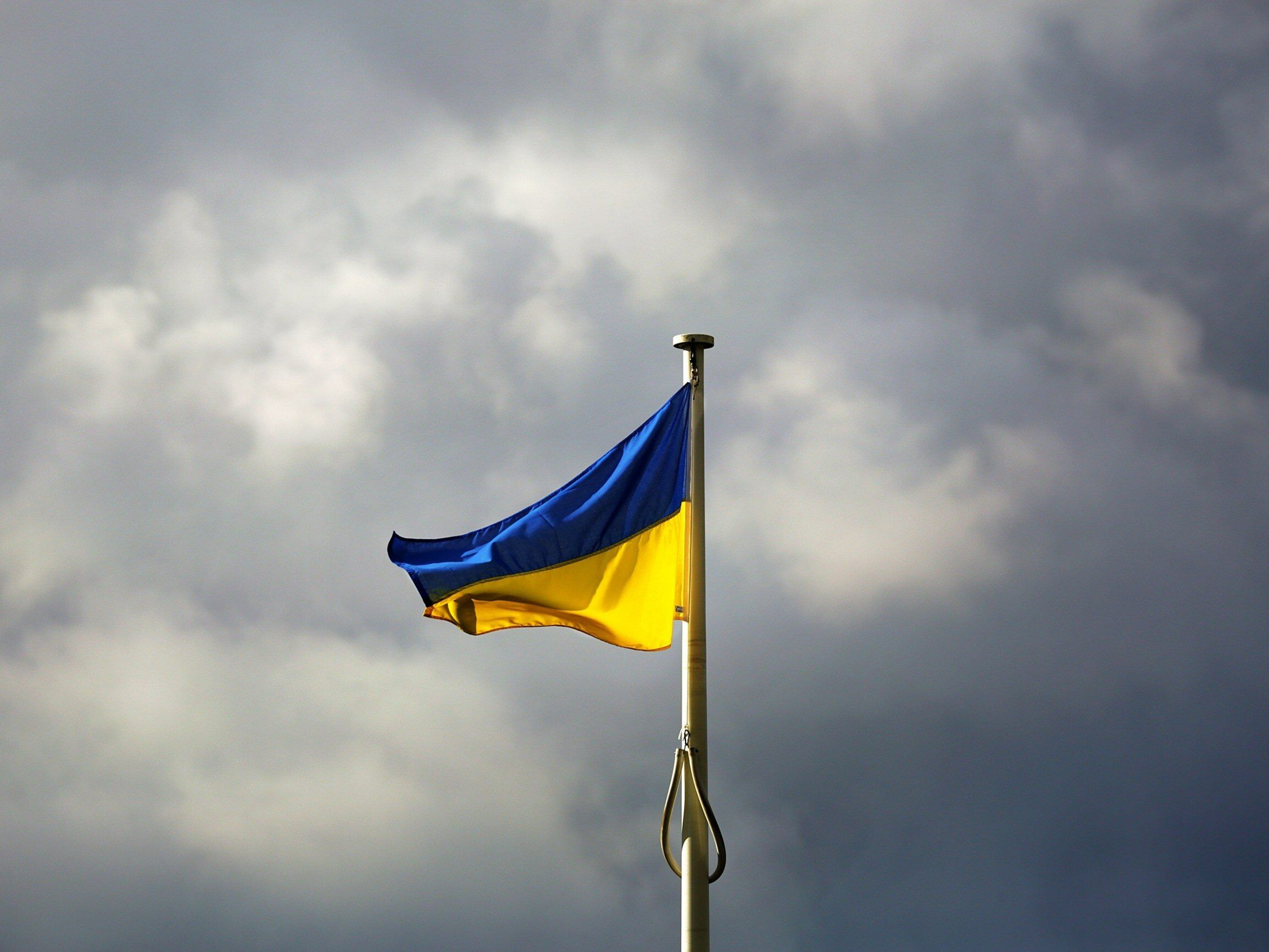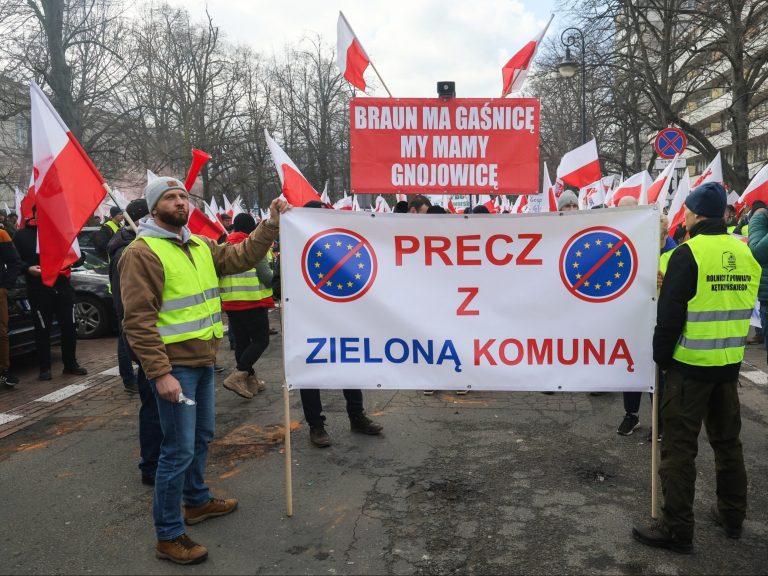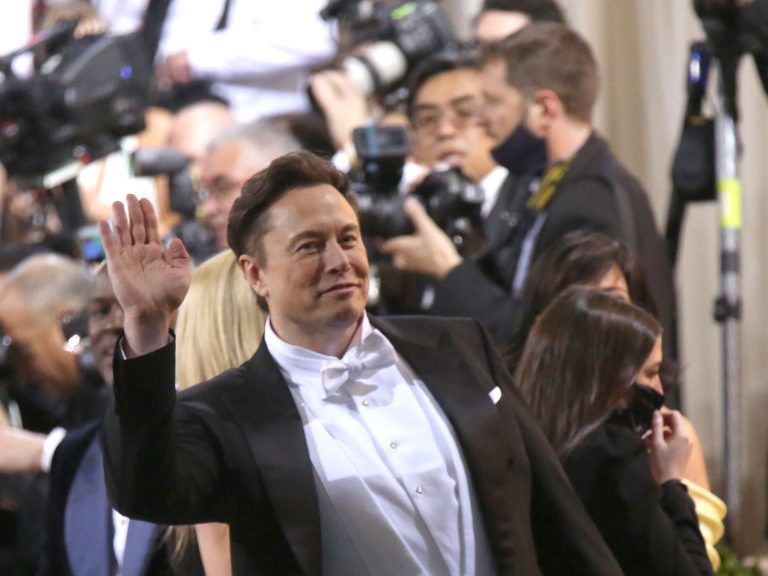Europeans continue to strongly support Ukraine. But not everyone wants it in NATO

Strong support for Ukraine in Europe means that politicians with a different vision have no room to try to use pro-Russian attitudes in shaping foreign policy. Research by scientists from the University of Exeter conducted in several European countries shows that support for Ukraine and policies focusing on helping the attacked country is broad, but strongest in countries that have experience with the Kremlin's policies during the Soviet Union. The strongest polarization of moods in Europe is noticeable regarding Ukraine's possible accession to the North Atlantic Treaty Organization.
Data was collected in February 2023. The sample selection focused on four categories of countries: the “Big Three” (France, Germany and the United Kingdom), the Eastern European and Baltic countries (Estonia, Hungary and Poland), the countries that applied for NATO membership after the Russian invasion (Finland and Sweden) and Southern European countries (Italy and Spain). A member of both NATO and the EU whose leaders maintain relations with Putin was deliberately included – Hungary.
– There is widespread support for pro-Ukrainian policy, none of the countries we surveyed can be considered pro-Russian, but we divided them into three different groups. The first group includes the most ardent supporters, where support for Ukraine is enthusiastic. It is no surprise that it includes not only Poland, says Dr. Catarina Thomson from the University of Exeter.
Scientists also included Estonia, new NATO members, Finland and Sweden, and Great Britain among the group of strong supporters.
– There are solid supporters in the middle who rather support pro-Ukrainian policy, but in these countries there are groups with a more pro-Russian orientation. These solid supporters include France, Germany and Spain. Then we have Italy and Hungary, which show greater support for Ukraine than for Russia, but they are closer to the border, so they do not provide as much support as the other two groups of countries, says Dr. Catarina Thomson.
Scientists focused on examining similarities and differences in areas such as the perception of responsibility for the war, the approach to the issue of Ukraine's membership in NATO, comments on Ukraine's possible acceptance of territorial losses, as well as the issue of the impact of sanctions against Russia on the economy of a given country.
– Even in countries that generally support Ukraine, you can find some groups that may sympathize with the Russian point of view. Take Germany, for example, where the Alternative for Germany is a very good example of such a situation. Public opinion in Germany widely supports helping Ukraine in the current conflict, believes that Russia is clearly responsible for the war and that we should continue to support Ukraine. However, that part of society that supports the Alternative for Germany, more precisely 55 percent. of these people also attribute some responsibility for the outbreak of the war to Ukraine, and 56 percent would call on Ukraine to cede part of its territory to Russia. This coincides with the long-held thesis of the Alternative for Germany that the Russian annexation of Crimea should be accepted. So even in countries that generally have a very positive attitude towards Ukraine, you can find groups that think differently, the expert notes.
Over 40 percent Italians and 55 percent Węgrów attributed part of the responsibility for the war to Ukraine. In countries belonging to staunch supporters, this percentage was about 20 percent, and among solid supporters – from 25 to 35 percent.
Internal differences within individual countries were considered in the context of political affiliation and age. Scientists expected that generational divisions would emerge in the perception of the war situation in Ukraine between the younger part of society and those who grew up in the shadow of the Soviet Union.
– The older the respondents, the stronger they support Ukraine compared to younger people. Therefore, apart from specific groups of people sympathizing with Russia – and these are not only right-wing populists in Europe, but also members of the left, whose parties previously had links with the Soviet Union – it is in this group that we should look for more pro-Russian attitudes. However, let's say it again, we usually don't find them. However, this is an area that needs to be looked at when analyzing data from individual countries. We must include right-wing populist parties and left-wing parties that had ties to the Soviet Union. There are also differences in attitudes depending on age, so older people who remember the Soviet Union and know the historical context may support Ukraine in these countries more strongly than younger people, says a researcher from the University of Exeter.
This dependence is especially visible in countries that previously belonged to the Warsaw Pact and are located in close proximity to the former USSR (Poland, eastern German states) or countries annexed to the Soviet Union after World War II, which now neighbor Russia (Estonia).
– For example, in Poland 66 percent people 60+ would like Ukraine to become a member of NATO. 83 percent people from this age group in Estonia, 65 percent in Great Britain and 56 percent in Sweden and Finland believe that Ukraine should become a full member of NATO. Meanwhile, in all these countries, support for these demands among younger people, in the 18-29 age group, is on average 48%. As you can see, age differences also need to be taken into account, says Dr. Catarina Thomson.
The issue of Ukraine's presence in NATO was the most controversial among respondents. According to researchers, public opinion in Europe is most divided on this issue. Support for this idea ranges from large majorities in Poland, Estonia, Great Britain and Finland, around 40 percent. in France and Germany, approximately 30 percent each. in Italy and 25 percent in Hungary. Similar controversies also concern the issue of increasing NATO's military presence in Eastern Europe.






